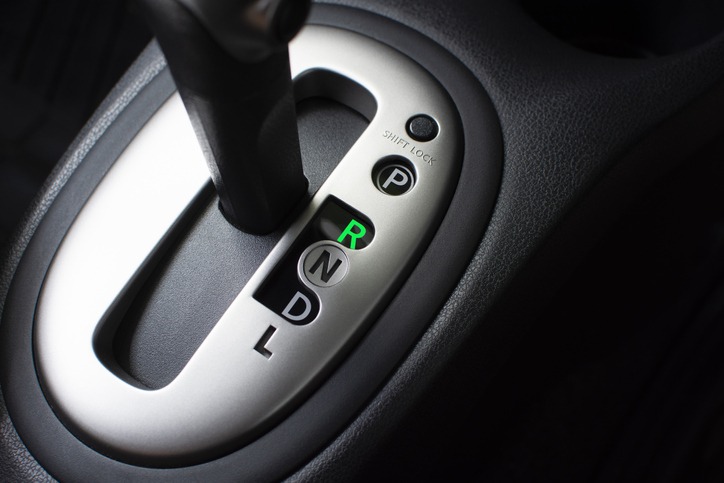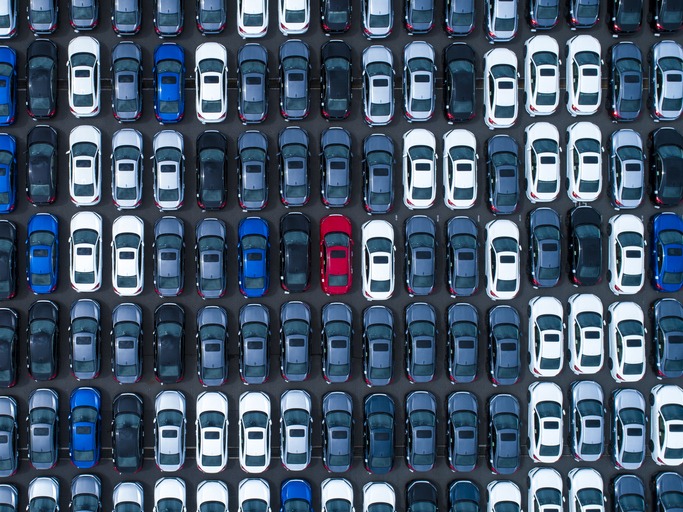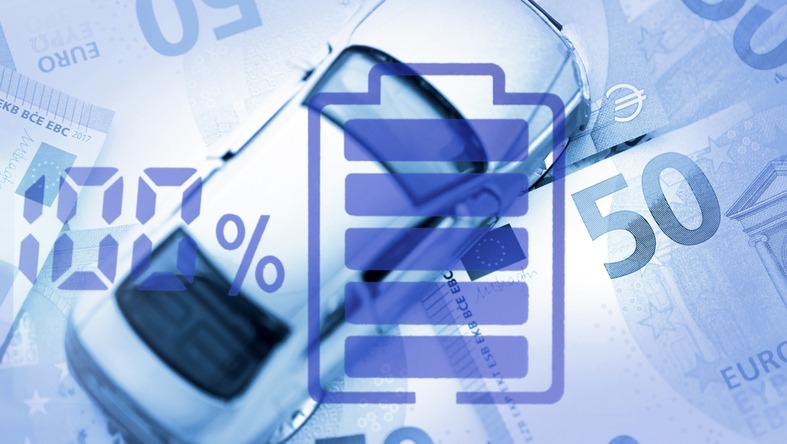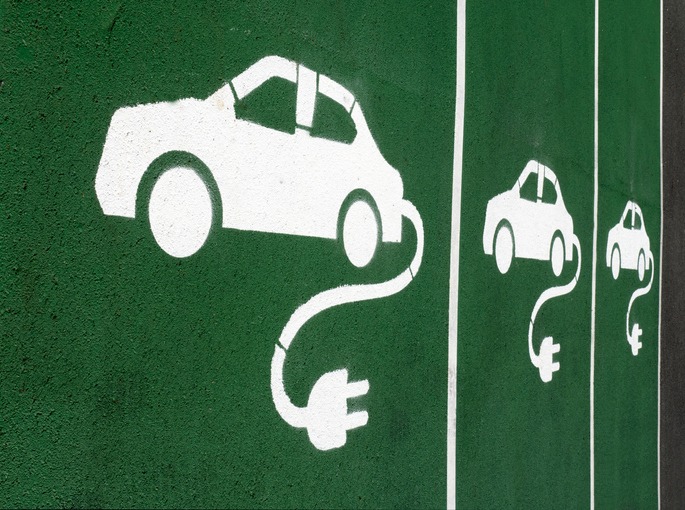Semiconductor shortage reverses EU new-car markets’ recovery in August
03 September 2021

Autovista24 senior data journalist Neil King discusses how the shortage of semiconductors is not only hampering any recovery of new-car markets in France, Germany, Italy, and Spain in August, but is even sending it into reverse.
New-car registrations in all four markets contracted by at least a quarter in August, compared to 2019. The downturns in France and Italy were of a similar magnitude to those experienced in July but were even more severe in Germany and Spain. There was one more working day in France and Italy than in August 2019, however, and adjusted for this, these markets also deteriorated.
The semiconductor shortage has caused delays to deliveries of new cars that have been sold, which is adversely impacting registration figures in Europe and beyond. Furthermore, there are signs that the delays are deterring consumers from ordering cars, reducing underlying demand.
As dealers across Europe emerged from COVID-19 lockdowns, year-on-year comparisons with 2020 are meaningless. Therefore, this article focuses on the latest developments compared to 2019, which better represents the true performance of new-car markets.
French market relatively stable
According to data released by Plateforme Automobile (PFA), the French automotive-industry body, 88,066 new cars were registered in France in August. This is far below the average of 105,000 registrations for the month between 2010 and 2019. Compared to 2019, the market contracted by 31.9% last month, in line with the 32.8% decline in July. There was one more working day than in August 2019, however, and on an adjusted basis, Autovista24 calculates that the market fell by 35% compared to the adjusted 26.4% decline in July.
In addition to the challenges of the pandemic and parts shortages facing the industry, the reduction in French incentives for electrically-chargeable vehicles (EVs) has also conspired to disrupt the market recovery. Consequently, cumulative registrations in the first seven months of the year are 23.3% lower than in the same period in 2019, down slightly from the 22.4% contraction in the first seven months. The reduction of EV incentives has stabilised the market shares of both plug-in hybrids (PHEVs) and battery-electric vehicles (BEVs) at 8%.
Given the latest market development, Autovista24 has maintained its forecast of 6% year-on-year growth in 2021, following the 25% contraction in 2020, to 1.75 million units. This is 21% lower than the volume of cars registered in pre-crisis 2019.
Semiconductors disconnecting sales from registrations in Italy
In Italy, the industry association ANFIA reports that 64,689 new cars were registered last month. Compared to August 2019, the market contracted by 27.5%, mirroring the 28% fall in July. There was one additional working day in the month and Autovista24 calculates that the market fell by 30.8% on an adjusted basis. As in France, this represents a modest deterioration compared to July’s 24.8% adjusted fall.
As the semiconductor shortage is also delaying registrations of new cars in Italy, ANFIA is calling for a refinancing of incentives and a deadline extension. ‘It is urgent to extend the deadlines within which sellers are required to confirm the sale of incentivised vehicles and refinance the Ecobonus after the exhaustion of funds, which makes them unusable since 26 August,’ the body stated.
‘The depletion of resources, together with the physiological summer deceleration, has slowed down growth rates of rechargeable car sales. From February to July 2021, they reported monthly increases in three or four figures, also due to the comparison with the particularly critical months of 2020, but, in August, they marked a rise 'only' in double digits,’ added Paolo Scudieri, president of ANFIA.
The new-car market has retreated slightly from a cumulative 19.5% decline in the first seven months of 2021 to a 20% contraction through to August. The fortunes of the market should improve once sales orders can be translated into registrations, but with the semiconductor shortages expected to persist into 2022, Autovista24 predicts that the market will grow 14% year on year in 2021, to 1.57 million units. At this level, the market will be 17.9% smaller than in 2019.
Germany engages reverse
New-car registrations in Germany amounted to 193,307 units in August, equating to a decline of 38.4%, according to the latest figures released by the Kraftfahrt-Bundesamt (KBA).
This is a deterioration from the 29% decline in July and, moreover, the worst monthly comparison this year. There were the same number of working days in August, but July featured one less and on an adjusted basis, Autovista24 calculates the market ‘only’ contracted by 25.7%. The seasonally-adjusted annualised rate (SAAR) also fell below 2.7 million units in August, for the first time since May, confirming that the recovery has engaged reverse gear.
Germany continues to avoid a significant rise in COVID-19 infection rates, as seen in most other European countries, largely due to its accelerated vaccination rollout. However, it is certainly exposed to the constrained supply of new cars due to the shortage of semiconductors. This is postponing the market recovery further, with the year-to-date contraction in the first eight months of 2021, compared to the same period in 2019, retreating slightly to 27%.
As production stoppages and delivery delays are expected to plague the German market for the remainder of 2021, Autovista24 has again downgraded its forecast for this year, to 2.89 million new-car registrations. At this level, the market would be just 1% smaller than in 2020 and 19.9% down on 2019. This would also make it the third year the country registers fewer than three million new cars since 2010.
Registration-tax reduction fails to rescue Spain
A total of 47,584 new cars were registered in Spain during August, according to ANFAC, the Spanish vehicle manufacturers’ association. This is the lowest tally for August since 2014. At first glance, the market contraction of 36.1%, compared to pre-COVID levels, is already worse than the 28.1% downturn in July. However, there was one more working day last month, and on an adjusted basis, the downturn was 39%, a substantial deterioration from the adjusted 24.8% decline in July.
The reduction of car-registration taxes from 1 July has therefore not rescued Spain from the clutches of COVID-19 and semiconductor shortages. The SAAR also fell to below 840,000 units in August, the lowest level since March. Compared to the first eight months of 2019, cumulative registrations of new cars are down 33.4%, moderately lower than the 33.2% fall through to July.
‘Last month, rising energy prices sent inflation to its highest level in almost a decade, undermining the confidence of consumers who, seeing their purchasing power reduced, have no choice but to curb spending. Those who can buy, due to savings accumulated during lockdown, suffer delays in the delivery of the car due to the global shortage of chips, which causes the displacement of demand to the second-hand market,’ commented Tania Puche, communications director of the Spanish dealers’ association GANVAM.
Raúl Morales, communications director of Faconauto, added; ‘the microchip crisis in the factories and the consequent lack of stock in most of the dealer networks is the factor that is weighing down the registrations the most and, what is more worrying, demobilises the buyers, with the order book not being generated for the coming months.’ Given the limited impact of the registration-tax cut in Spain and the ongoing economic and supply issues, Autovista24 has revised its forecast for 2021 down to 889,000 units, equating to year-on-year growth of 4.5%. This follows a 32.4% contraction in 2020 and, with this weakened outlook, the Spanish market will be 29.3% smaller this year than in 2019.


